A quarter of a century ago I somehow managed to get out of Paris where I had haunted a cheap hotel for months like a ghost trapped between this world and the next. I drove to Italy where I have lived ever since.
I had a great contract with a famous publisher to write a biography of Benito Mussolini but had already spent the hefty advance and had yet to write a single word. On arrival in Italy, I did not even have enough money to pay the motorway toll. But the young woman in charge handed me a form to fill in and waved me through with a smile.
She came crashing through the open kitchen window — terrifying me — while I was cooking a fry-up
I had diverted to Paris only because a treacherous Frenchman persuaded me to write an instant book with him about the death of Princess Diana in August 1997. The idea was to make a fast buck and get the hell out but the French publisher delayed publication, then went bust. To rub salt in my wounds, France then won the World Cup.
My destination was Predappio, a sleepy little town in the foothills of the Apennines, south-east of Bologna, where Mussolini was born and is buried as if he were some kind of hero or saint.
It was infernally hot that first summer. One day I left my cash card on the dashboard of the car and came back to find it buckled. “Writing these big biographies is a steep learning curve,” my editor had said.
The car was my father’s burgundy Honda Prelude which he had donated to my cause through gritted teeth. In Paris, I lost it for several months because, worse the wear for booze one night, I forgot where I had parked it. It contained my books, notes and computer. Luckily, a friend saw it one day.
In Predappio the most prominent image on its coat of arms is a bunch of grapes — in homage to the legendary Sangiovese grape — used to make the local dark red wine which is so loved that it plays a starring role in the chorus of a famous local folk song: “Evviva la Romagna! Evviva il Sangiovese!” The cunning Tuscans on the other side of the Apennines fused Sangiovese with foreign grapes to make their obscenely expensive super wines, such as Sassicaia. No matter. The best uncorrupted Sangiovese comes from Predappio. Back then you could get it for 1,000 lire a glass which was, I felt sure, a very good omen.
In Tuscany, there’s one behind every oleander bush but here I was the only Englishman for miles. Incredibly, I got the monstrous 600-page masterpiece done. I then became a father of six children: three boys and three girls. The eldest, Caterina, was born the same month as the book was published.
I would never have met their mother, Carla, had it not been for that book. We first set eyes on each other in the bar run by Marina and her girlfriend Rosaria next to the abandoned Mussolini castle — four hairpin bends above the converted pigsty I rented which overlooked Predappio in the valley far below. Carla, thirteen years younger than me, thought I was gay because I was English.
Though owned by the Catholic Church and in the middle of the Apennine nowhere, the bar was a pretty raunchy kind of place full of comunisti, who had run the town since the fall of fascism, and contadini (farmers). One, Sergio the cowherd, used to make slashing motions with a finger across his throat every time he looked at me. He was always smiling. “You inglese you look for death,” he used to say. “You want death.”
I envied one contadino in particular, Afro, who was so sure of himself he could maneuver women around the dance floor as if he were at the wheel of a punchy sports car.
Carla had a boyfriend who was always with her. I had no idea she was keen on me until one summer night, after the usual session at Marina’s, I was back home in my isolated house when at about 3 am, she came crashing through the blind covering the open kitchen window — terrifying me — while I was cooking a fry-up. “Why didn’t you just knock on the door?” I asked.
When we met Carla was not interested in God but transformed into a devout Catholic. I was a lapsed Anglican but still had to convert to Catholicism because she felt incomplete being with a “protestante scismàtico.” Her faith took us to Lourdes where, it is true, a verruca on my foot did disappear after I was plunged into a tank of holy water, and Medjugorje where I did witness a miracle: you could still smoke in bars. But she no longer listens non-stop to Radio Maria because its director, Padre Livio, is too hostile to Pope Francis, whom she adores.
Sometimes when I was a child I used to run away. My family lived in a house in southern England between London and the coast, surrounded by woods and fields. My brother Simon, one year younger than me, and I called it “our estate.” My parents were always arguing, and I used to cry each time they argued and pray in bed that God would “Make Mummy and Daddy happy again.”
When I was upset, I used to take off into the woods and hide. Eventually, they would try to find me. “Nicky’s run away,” I could hear my brother, who is now a KC, chanting. “Nicky’s run away.” I would watch my father thrashing around dutifully but hopelessly in the undergrowth, calling my name.
Perhaps it was running away that brought me to Italy. Mussolini was just an excuse.
This article was originally published in The Spectator’s UK magazine. Subscribe to the World edition here.



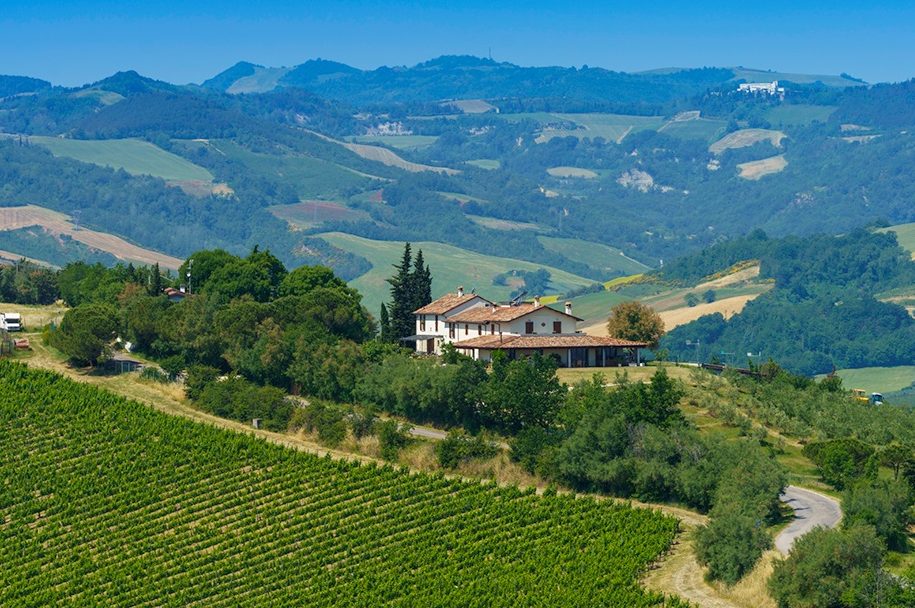






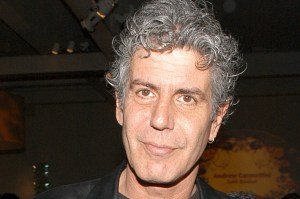

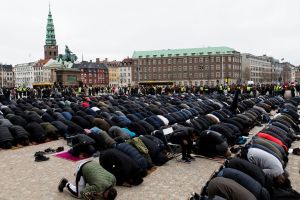

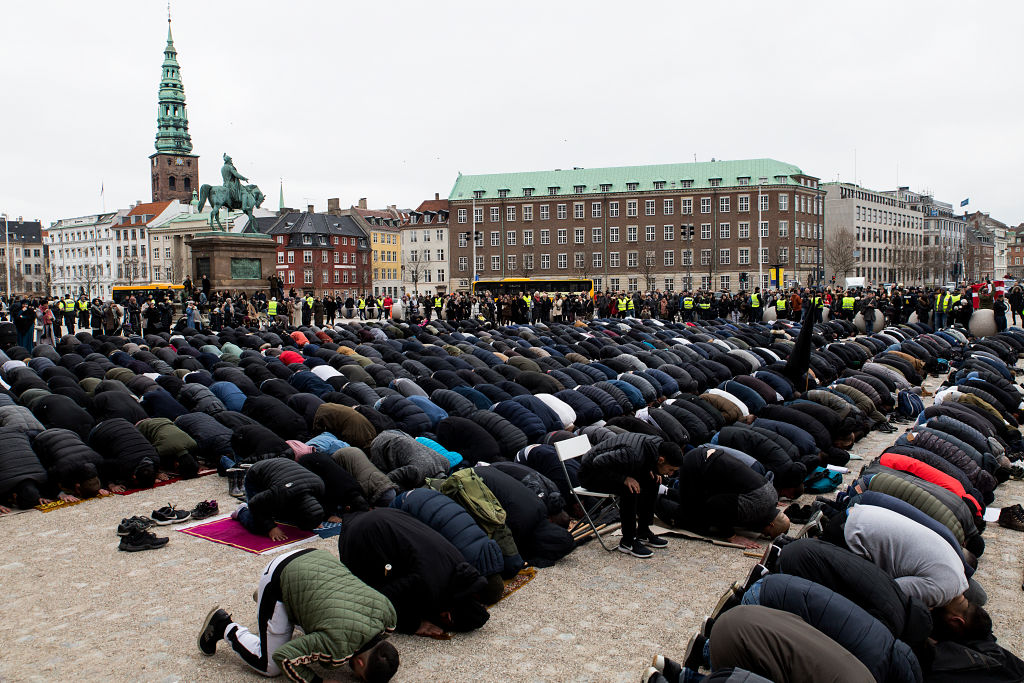
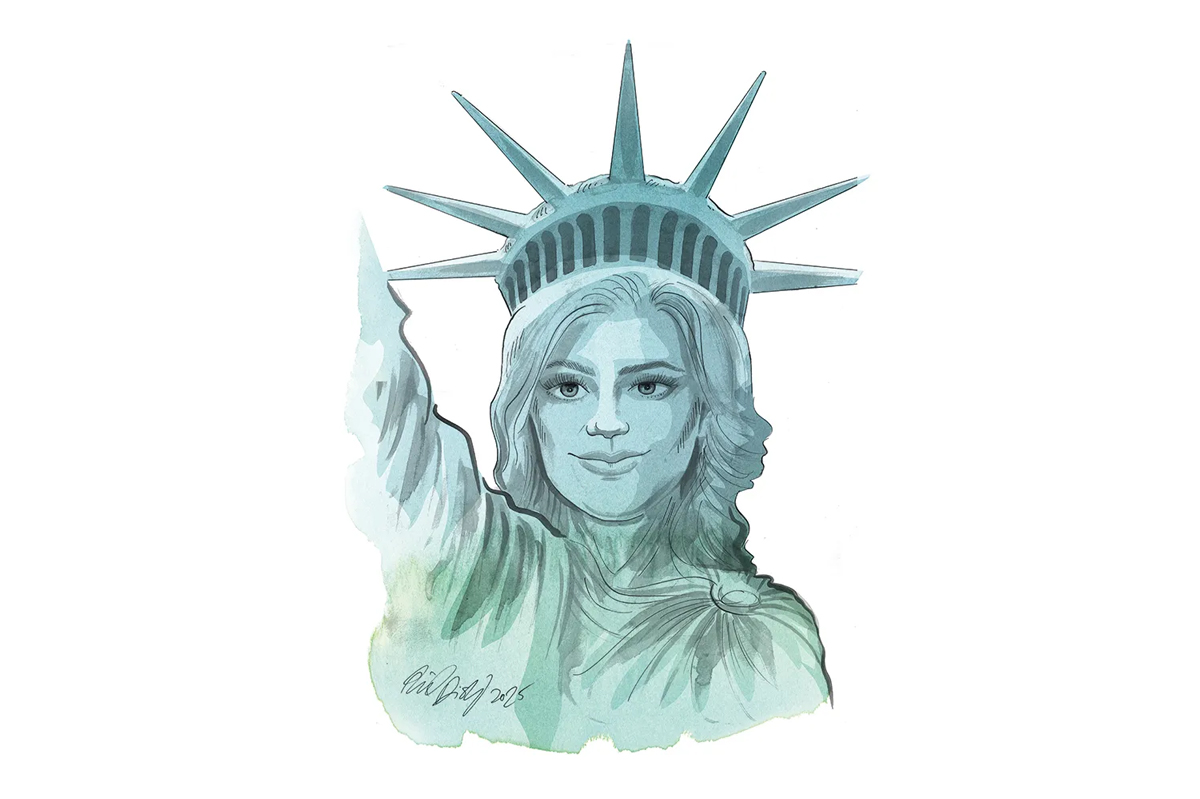

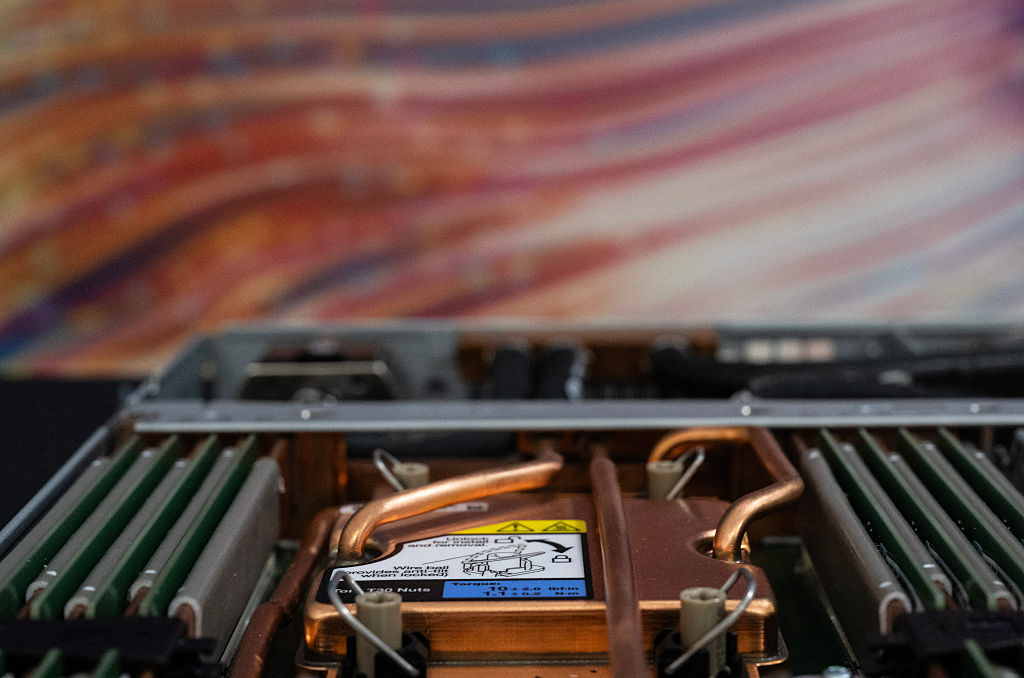








Leave a Reply